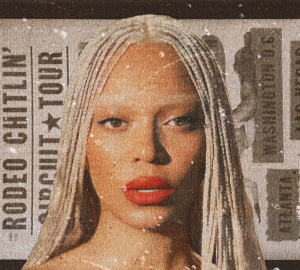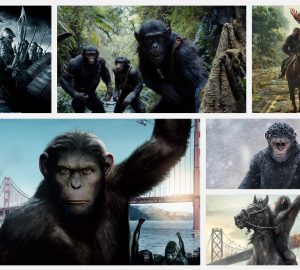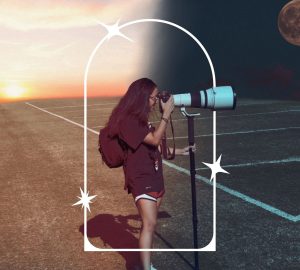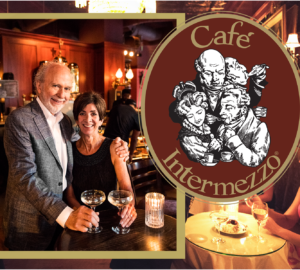Hard work and a focused drive — the instructions are inscribed on every yellow brick of the American way. The idea is for young bright minds to read it, understand it, and take off running, knowing exactly what they are plunging for and willing to navigate through any crossroads, craters or foggy unknowns. And young bright minds that grew up reading maps of the American way surely want to, but at the end of the day, people are people and in the confusion of the run some fall into craters, take wrong turns and halt before the fog. Some eventually come to a standstill, loss for direction.
Lucky for them, like Atlanta’s streets, the American way is urbanized and bedecked with coffeehouses every half-mile. These refuges for the lost, weary and under-caffeinated offer them more than just employment and a chance to stay on the yellow brick road. They give them a chance to keep on moving.
Eight minutes into the conversation, Emily revealed that she dropped out of her previous college, as well as the reasons why: severe depression coupled with pointless engineering pursuits. She started work at Starbucks with crippling social anxiety. Calling out orders into a room of strangers was positively terrifying. The job requirement of doing exactly so must have been a kind of exposure therapy, because chatting with customers while making the rounds at the shop is just something she does now. Emily thought she would go back to school. That’s great, but how?

Starbucks literally put her through college. The Starbucks College Achievement Plan, in association with Arizona State University, lets her attend ASU and covers 100 percent of her tuition, provided she works at the café 25 hours per week. “But they’re quite lax about that,” she said on the phone from Arizona. It’s different from her old home in Atlanta, but so far, it has been going well for her. “Starbucks is a stable job that helps me get the goal I already have, just by working there,” she said. The company and the university have also been very understanding about her mental illness and her learning disability. On one instance, during exam season, “they let me take the test the next day, because they know the knowledge was all there, I just couldn’t yet put it in words.” A pause. “It really is the second chance I need.”
Between all milestones of the American way there always are smaller sidetracks and driveways that lead to the other side of the counter. There are those moving along at the beginning like Reni, who simply needs a job that pays. Shannon hangs around the crossroad, having quit her cagey office job and gone back to the coffee bar where she had been and loved. “I want to go back to public relations, but I’ll always be a barista in my heart,” she said.
And then, right before the conclusion, there’s Gordon, 30 years older than the college students bobbing behind the bar with him. Gripped by ennui after selling his business, Gordon picked a coffee shop within walking distance to his place and applied to work there, just so he’d have something to do. “It’s my transition to retirement,” he said and smiled over the table at Caribou Coffee. “It’s different from my previous job. Before, I only talked to middle-aged corporate people. But now, I meet everyone, from high school kids to old, old people.”
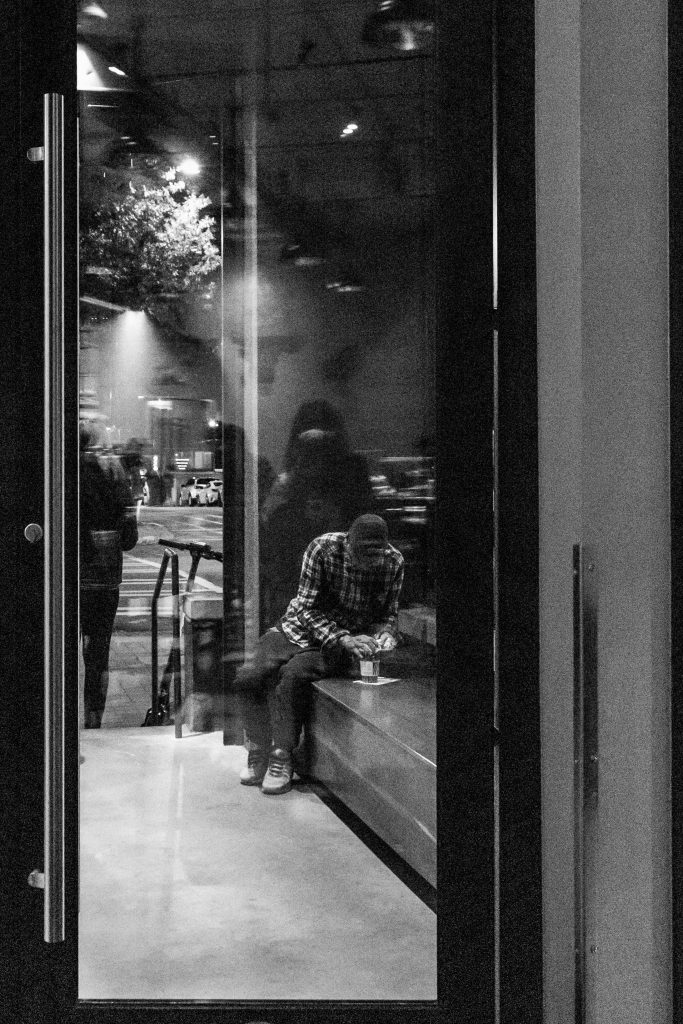
People from every stage of the American dream come and seek caffeine. “No matter how rich or how poor, you buy coffee from the same place,” said Rustle, looking out at the front lawn of the High Museum. American paths converge at the coffee shops, and Rustle had seen them all. Serving behind the bar has made him much more aware of the wealth gap and, correspondingly, the manners gap between the rich and the poor. To him, rich people are often rude and he had grown to have a bad impression of them. “It’s made me significantly more political. I’m a much stronger leftist now.” He chuckled, a bit annoyed as people often are when it comes to politics. But in the end, politics doesn’t go on the counter. “Just treat everyone as people, and hopefully they’ll realize you’re a person, too,” he said.
Over at the Starbucks on 7th St, Shannon shrugged. “You just have to assume the best in others. Try your best to make their days better, but don’t let their attitudes ruin your day.” And she darted off to take orders from the couple that just walked in, but not before greeting them like old friends. It was nothing short of supernatural.
Over coffee, lives cross. Because of coffee, futures go on. From coffee, the American dream expanded, even just a little, to include in its tunnel visions strangers no longer nameless and faceless, to let in the little great things in life such as life stories in tidbits, friendly greetings or the witness of second chances. For many, coffee and tea bring safety and comfort to the winding American way. They make sure we walk it and stay human.

